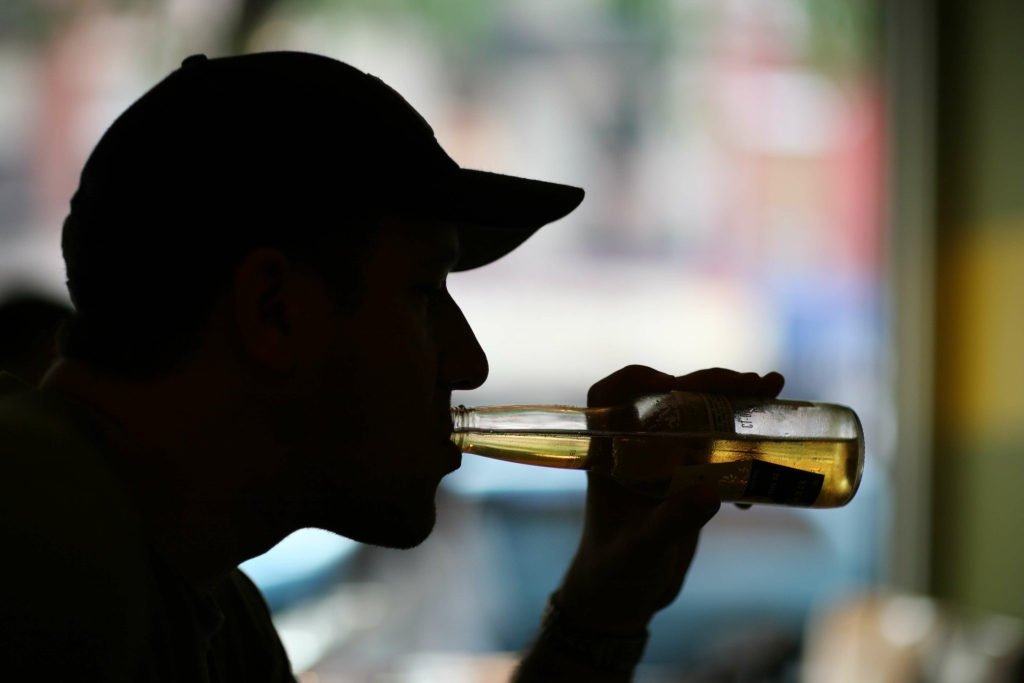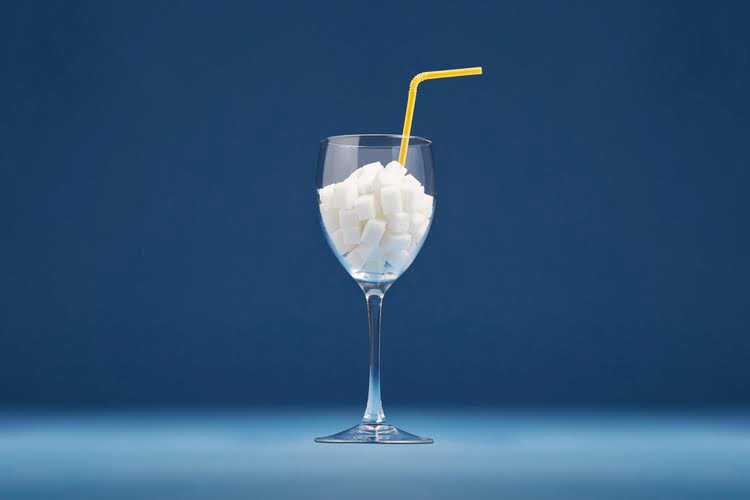Conversely, if you are grappling with depression, you may often resort to alcohol as a means of temporary comfort, attempting to alleviate the heavy emotional pain that depression can bring. Moreover, the simultaneous presence of these conditions can fuel an ongoing cycle where each condition worsens the other 1. While quitting alcohol is crucial for people with alcohol use disorder and depression, avoiding alcohol will not cure depression. People may wish to seek quality psychological care from a doctor, therapist, or both. Research from 2013 also supports the link between alcohol use and self-harm. The study found that teenagers with depression who drank alcohol were significantly more likely to act on suicidal feelings.
Alcohol can increase the risk of dangerous symptoms
Similarly, major anxiety disorders usually are apparent before age 30, and although major depressive disorders often have a later onset, they too are frequently observed before age 30. As recently reviewed in the literature, some interesting data also support a possible relationship between longstanding anxiety or depressive disorders and alcoholism (Kushner et al. 1990; Kushner 1996). The most consistent results relate to manic episodes, wherein manic-depressive patients show a small but significant increased risk for alcoholism (Winokur et al. 1993). Other data also suggest a greater-than-chance association between panic disorder (and perhaps social phobia) and alcoholism (Cowley 1992; Cox et al. 1990; Kushner 1996). Two recent reviews, however, indicate that research does not unanimously support the prior existence of severe depressive or anxiety disorders as a usual cause of alcoholism (Allan 1995; Schuckit and Hesselbrock 1994).
Reasons Why You Are Depressed After Drinking
Alcohol can negatively affect the muscular and skeletal systems by thinning the bones over time. This increases the risk of falls, fractures, muscle weakness, cramping, and atrophy. Directly after drinking alcohol, your heart rate and blood pressure rise. Once the substance is out of your system, your vital signs return to normal.
- But “the rebound effect is that it can actually exacerbate” negative emotional states, says Amy Goodwin, an addiction counselor at UCHealth in Steamboat Springs, Colorado.
- If you have a mental disorder, like depression, schizophrenia, anxiety, or bipolar disorder, it’s common to have trouble with substances including alcohol.
- Both depression and alcohol use disorder are treatable medical conditions.
- Taking action to manage negative emotions as you experience them can help keep them from getting too overwhelming.
How do I make friends without drinking?
- Research shows that combining alcohol with certain medications can worsen side effects and reduce treatment effectiveness.
- It can also enhance aggression, hurt decision-making, and lower inhibitions.
- Detoxification, or detox for short, is removing alcohol from your system while managing withdrawal symptoms.
Taking action to manage negative emotions as you experience them can help keep them from getting too overwhelming. If you begin to notice any unwanted side effects — physical or emotional — while drinking, it may be best to call it a night. By following safe drinking guidelines, you can help reduce your risk for depression as well as other hangover symptoms.

A recent review revealed similar results from other studies (Schuckit and Hesselbrock 1994). Similarly, in a study by Kammeier and colleagues,1 there was little evidence that preexisting psychiatric symptoms measured by a standard personality test predicted later alcoholism. Also, an 18-year followup of 80 children who had experienced severe depressive episodes earlier in life revealed no evidence of an increased risk for alcoholism during the followup period (Harrington et al. 1990). It is possible, however, that some of these studies might have excluded subjects with more severe anxiety or depressive disorders from the original samples, and consequently more work in this area is required (Kushner 1996). For individuals with major depressive disorder, treating both depression and alcohol use together is often more effective.
Long-Term Recovery
You’re not included in their fun, not really — you’ve become more of a spectator. As a standup comic, I’m surrounded by does drinking make your depression worse drinking culture all of the time since most of the shows I do take place in bars. Loneliness is even considered a risk factor for alcoholism on its own. The most important thing is finding healthy ways to deal with loneliness — and breaking the cycle once and for all. Anyone who suspects they have depression or who would like to reduce their alcohol intake but are having trouble should see a doctor.
Setting Healthy Boundaries After Addiction Recovery
In addition, your doctor may prescribe medicines that are meant to lower alcohol cravings, which can reduce your desire to drink. People with depression frequently lose interest in activities that once brought them joy like hobbies and social events. It’s often a lifelong commitment, but one that can improve your life, health, and well-being in the long term.

Understanding these different manifestations can help individuals recognize patterns in their own experiences and seek appropriate help when needed. From your initial assessment with us through your journey into aftercare, we’ll be by your side, offering comprehensive services and compassionate guidance to help you achieve lasting recovery and wellness. I’m not saying you have to fake every aspect of your life — you don’t want to alcohol rehab squash your authenticity or change yourself entirely.
Alcohol makes your stomach produce extra acid, leading to inflammation of the stomach lining (gastritis). Diarrhea, vomiting, heartburn, ulcers, and stomach pain after drinking are common side effects. Drinking counteracts the positive effects of anti-depressant medications. One reason is that it makes you psychologically dependent on alcohol.
This co-occurring disorder isn’t uncommon, but it can be difficult to treat. There is a strong link between alcohol use and depression, a mental health condition that includes feelings of hopelessness, emptiness, fatigue, loss of interest, and more. But does regular drinking lead to depression, or are people with depression more likely to drink too much alcohol? Addressing every struggle, including depression, alcohol use disorder, and any other mental illness concurrently, is essential for effective treatment. The relationship between alcohol and depression can be both intricate and interdependent.
